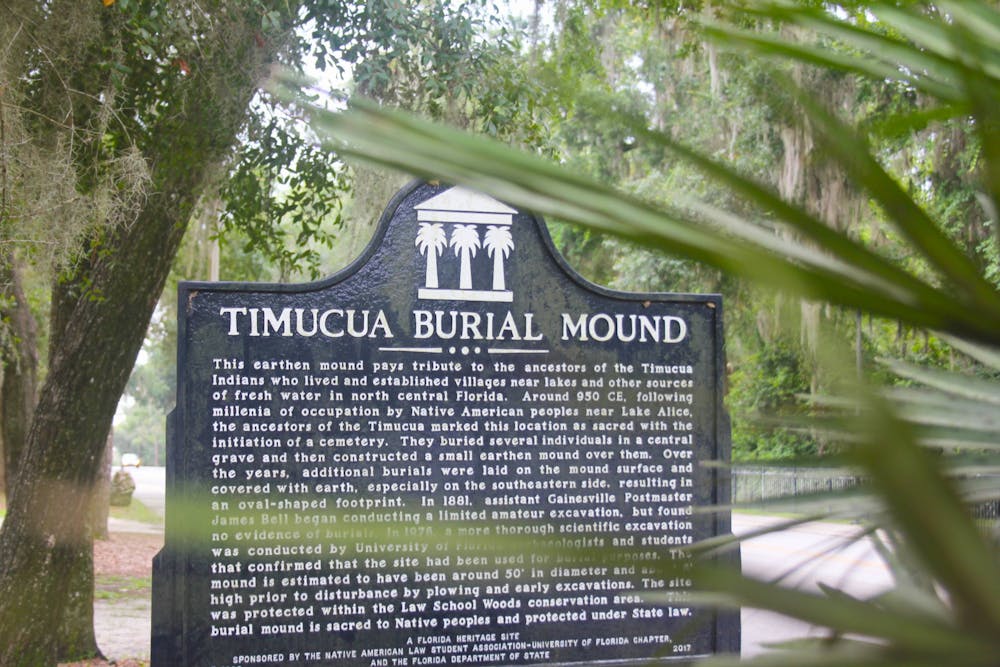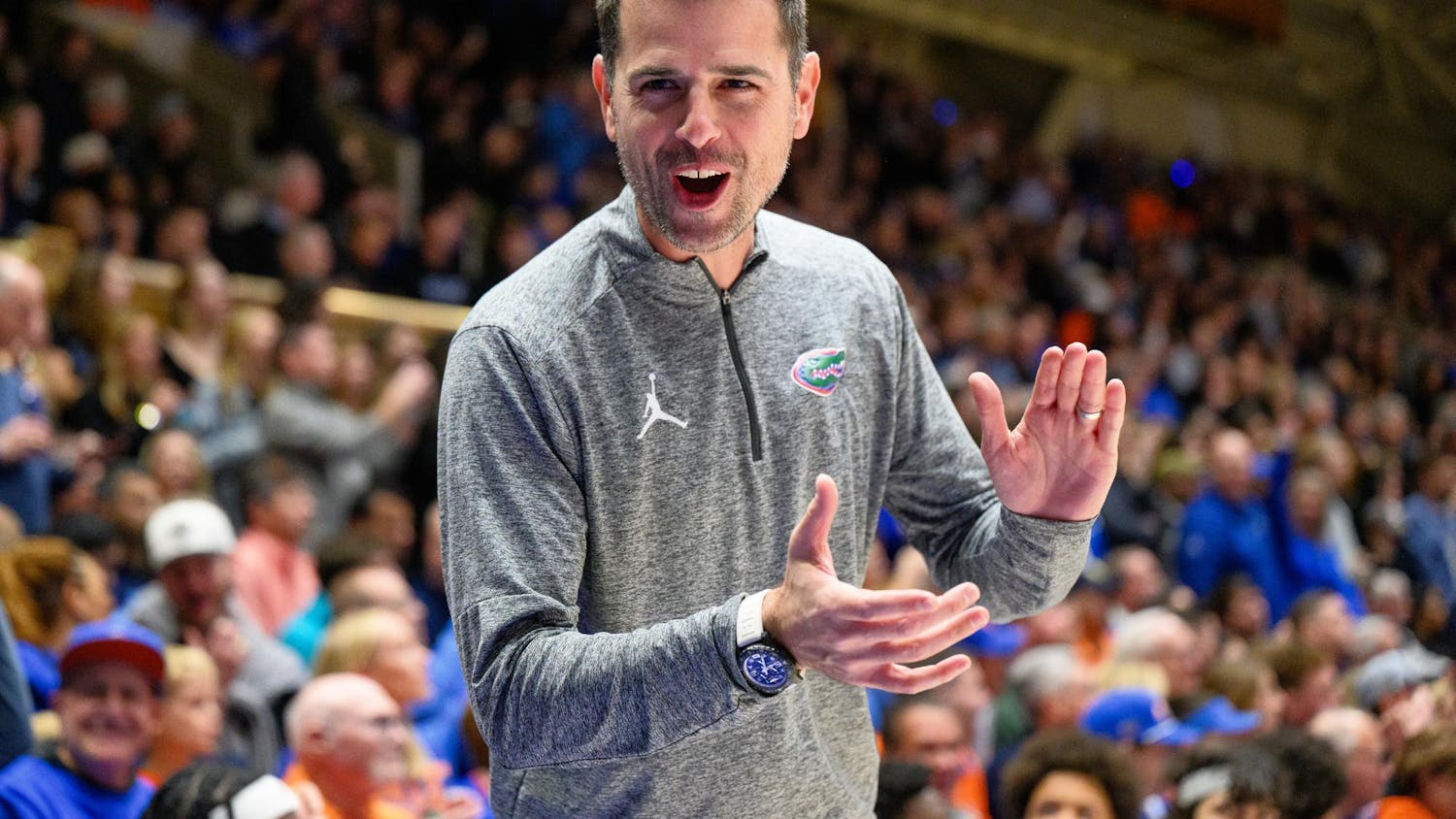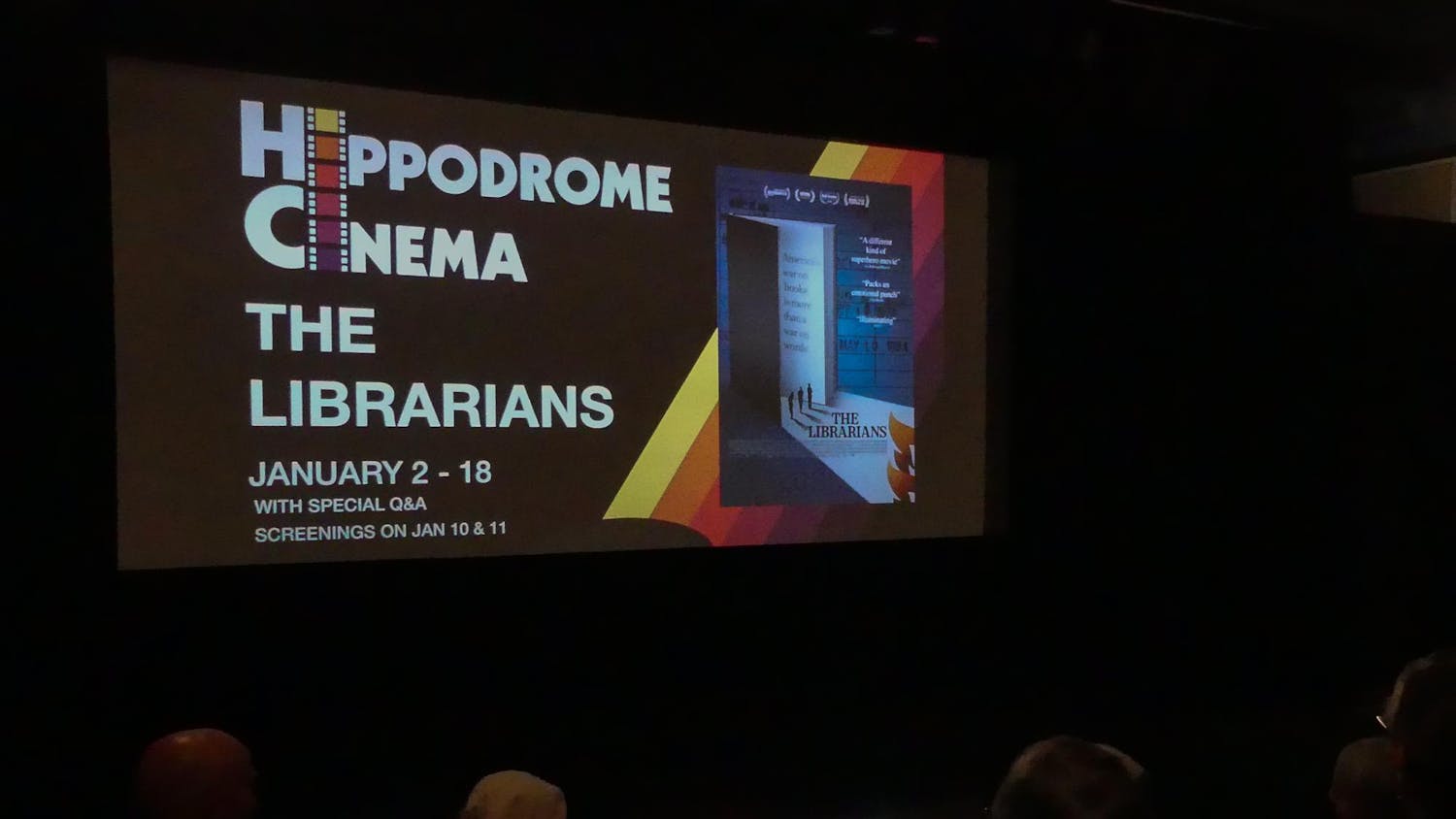Jillian Wessel, a member of the Chickasaw tribe, has advocated for on-campus spaces for Native American UF students.
“One thing that students in the past have advocated for is a physical space on campus that could provide resources specifically for indigenous students or function as a meeting space,” Wessel said.
Wessel, a 20-year-old UF linguistics junior, understands it’s not a major priority for UF but now worries about the implications of new legislation.
“Unfortunately, I think legislation like [SB 266] will make it even harder to accomplish these kinds of goals, as diversity is something that is being directly targeted,” Wessel said. “I hope that the impact of these bills will not cause too much damage to important organizations and programs on campus.”
SB 266, a bill limiting Florida’s colleges and universities diversity, equity and inclusion funding went into effect July 1.
The law denies public colleges from “spending public dollars on initiatives that promote dangerous political and social activism, such as DEI initiatives” and offering courses “based on theories that systemic racism, sexism, oppression, or privilege are inherent in the institutions of the United States and were created to maintain social, political, or economic inequities.”
The new law prompts some worry from the UF community about the future of Native American history at the university, while others believe their efforts to preserve the history will last.
As a land grant university, the main UF campus is located on the ancestral territory of the Potano and the Seminole peoples, according to Smathers Libraries.
The Potano, of Timucua affiliation, lived in Alachua County before European arrival until the destruction of its towns in the early 1700s. The Seminole, also known as the Alachua Seminole, established towns here shortly after, but were forced out of the land as a result of a series of wars with the U.S. known as the Seminole Wars.
UF’s history with the East Florida Seminary traces back to 1853, university archivist Sarah Coates said.
The Buckman Act in 1905 combined East Florida Seminary, the Florida Agricultural College, the South Florida Military College and the St. Petersburg Normal and Industrial School to create what is UF today, Coates said.
Coates didn’t speculate on how recent legislation will ultimately affect UF.
“That will be for future historians to study and learn,” Coates said.
The Morrill Acts of 1862 and 1890 allowed state universities to receive funding through the sale of ceded, seized or stolen Indigenous lands west of the Mississippi River, according to a report by the presidential task force on African American and Native American History.
Kenneth Sassaman, the Hyatt and Cici Brown Professor of Florida Archaeology and director of AIIS, generated a proposal to re-invest UF’s endowment into Native American students.
Endowment funds exist to be an opportunity to invest in capacity for Native American studies, Native American students and to help tribes through collaborations and partnerships to achieve their goals, Sassaman said.
“Sovereignty, economic sustainability, social harmony, health, public health, those goals could create capacity to help [universities] achieve those goals,” Sassaman said.
The Native American Graves Protection and Repatriation Act of 1990 requires institutions receiving federal funds, like UF, to return sacred objects to federally recognized tribes.
“UF holds the 11th largest collection of Native American remains in the country and I know that there’s been a lot of delay in getting those remains back,” Sassaman said. “But if you look at the last couple of years, what they’ve done, they’ve accelerated the process [and] they’re being very proactive.”
The Florida Museum of Natural History received a NAGPRA grant in 2021 from the National Park Service and funded efforts to consult with tribal partners to determine where the selected items should be returned.
The museum also hired its first full-time NAGPRA coordinator in 2022 to serve as the liaison among the museum, tribal nations, state and federal agencies and the national NAGPRA program, according to the museum.
It is Sassaman’s understanding that higher administration had to be convinced UF should hire a NAGPRA coordinator for the museum.
“Everything that’s happening is coming from the bottom up, Sassaman said. “It’s students, faculty, and even staff that are initiating any sort of change.”
Opportunities like the AIIS program, Alfred A. Cave Scholarship and Indigenous-led events are possible because of the efforts of the UF community, Sassaman said.
Sassaman believes museum directors understood the need for curators, but the Provost Office felt differently, he said.
Sassaman understands the UF administration is caught between a rock and a hard place.
“[Administration has] probably the interest in fighting to save what the university represents and not retrograde,” Sassaman said. “But the legislators in Tallahassee control the budget … so you can’t really go against them without suffering consequences.”
However, Sassaman does not believe that SB 266 will hold up in the judicial system as “it violates so many [constitutional] rights.”
“I think that if we were a private corporation and not a state institution … we would just simply sue the state, and then it would be locked up in the legal system until it's adjudicated,” Sassaman said. “I think ultimately, by the time it was adjudicated those who initiated this … they’re gonna be gone.”
Steven Noll, a professor in the UF Department of History, believes recent Florida legislation will have a minimal impact on the work the Samuel Proctor Oral History Program has done to preserve and teach the legacies of Native Americans on campus.
“I think it will let people think twice before doing what they want to do,” Noll said. “I’m not necessarily sure if it will prevent people from doing that. You just have to be more careful.”
Contact Jinelle at jvazquez@alligator.org. Follow them on Twitter @vazquezjinelle.
Jinelle Vazquez is a senior at UF pursuing a major in Public Health with a minor in Indigenous Studies. They currently report for the enterprise desk covering health. In their free time, they enjoy hiking, photography and making art.






